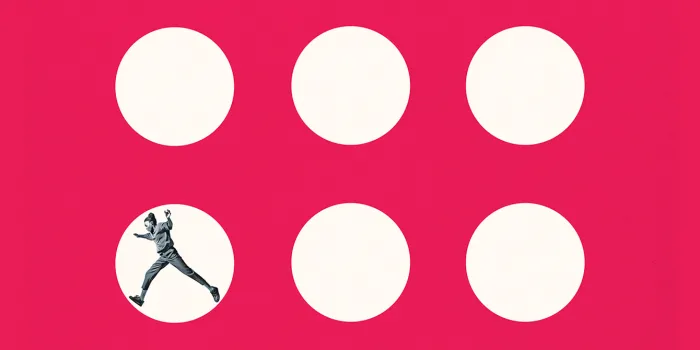For the roughly 26 million college students in the US, the pandemic has been particularly disruptive. We talked to three members of the National Hemophilia Foundation’s National Youth Leadership Institute about the impact of COVID-19 on their college experiences, and how they’re coping.
Patricia Williford, George Mason University
When the pandemic began, Patricia was living on campus. “I had to go home and live with my parents, which was not ideal,” she admits. “I no longer feel like my parents’ house is a place of productivity for me.” By summer 2020, she needed to make a change, so she moved into an off-campus apartment and took classes remotely until she graduated in December.
Unfortunately, the pandemic has made job hunting more difficult. Patricia currently works part time as a program coordinator for a local nonprofit, but she hopes for a full-time gig in some sort of medical capacity, as a medical scribe or an EMT, for example. Since she missed a lot of her hands-on opportunities in college, she hopes to get more real-world experience before she heads to medical school one day.
“Growing up with a bleeding disorder, I know the importance of having really good-quality doctors who listen to you and who work with you,” she says. “I want to be a doctor that can do that and who can understand the patient experience. I’m excited to eventually give back to the community that I’ve been so grateful to be a part of.”
Joseph Mah, University of Colorado Boulder
Joseph found it fortuitous that he was already living at home and commuting to Boulder when the pandemic hit. “I didn’t have to make any hard decisions there,” he says. Living at home was always the plan. “I get along well with my parents, and Boulder is not a cheap place to live.”
While other students contemplated a gap year because of the pandemic, that wasn’t really a consideration for Joseph. “Even though it’s not great to go to school during a pandemic, a lot of other things you might do during a gap year are also not great. So if all the options are bad, you pick the least bad,” he says with a chuckle.
Health insurance factored into Joseph’s decision as well. “I’m lucky enough to be on my parents’ insurance, but there’s a time limit on that. If I took a gap year, that would use up one of those years,” he says.
All in all, he says things aren’t that bad. He had two in-person classes during the spring semester, which he describes as “definitely a little strange, with small classes in big rooms, but it’s nice to be back on campus, at least a little bit.”
Dejah Smith, East Carolina University
Having grown up with a younger brother with hemophilia, Dejah makes a concerted effort to see the bright side of things. “I always tried to be a cheerleader with my brother, to make sure that he felt valued and his experiences weren’t being downplayed,” she says. But when the pandemic hit, it was tough to find something positive. She’d just come back from spring break in New York City with her roommates, so they hunkered down and isolated.
Dejah took remote classes for the remainder of the spring quarter, but when summer came, things really hit hard. “I was scheduled to study in Spain, and I kicked myself for not doing it earlier,” she says. But she’d waited so long to make sure she had the maturity to spend time independently in a foreign country. Dejah graduated in December and went to work for the National Hemophilia Foundation. Although she was heartbroken that she couldn’t go to Spain before her time in college ended, she tries to remain positive. “Eventually I’ll make it there,” she says.

